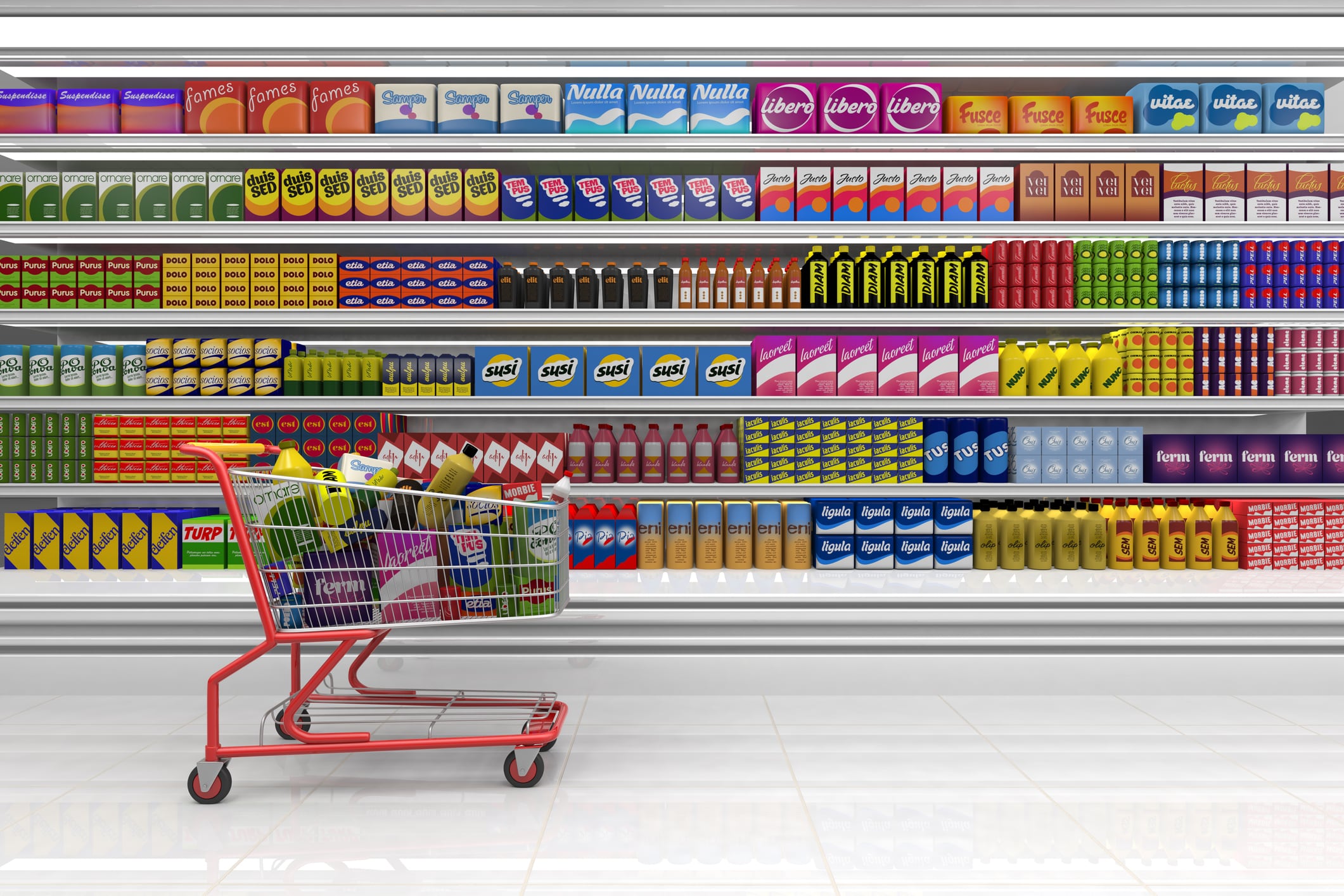We are living in a time of turmoil for commodities, with skyrocketing prices putting a strain on businesses everywhere.
For example, adverse weather conditions in producing countries, including Brazil and Vietnam, are pushing up coffee prices.
Meanwhile, cocoa prices have recently reached an all-time high, due to a combination of factors including swollen shoot disease and weather patterns. This has even put a strain on big business, with snacking giant Mondelēz International predicting a fall in adjusted earnings per share (EPS) of 10% in 2025.
Finally, the upcoming EUDR could push coffee and cocoa prices up further, as a result of costs incurred through due diligence requirements.
So, could alternative materials, which take these commodities out of the products they are used in, be a saving grace?
Alternative coffee
Coffee is one of the most in-demand drinks in the world, with roughly two billion cups consumed every day globally, according to the British Coffee Association.
However, there are several issues with its continuing existence. Firstly, supply chain issues continue to put a strain on its pricing. Secondly, it is linked to deforestation in sourcing countries.
Start-up Morrow aims to address both these issues with its coffee alternative.
The company is creating coffee from locally sourced ingredients and upcycled byproducts, thereby minimising the impact of global supply chain constraints that lead to high prices.
In Europe, it’s looking at crops that can be produced within the continent. Its upcycled by-products include fruit pips, pulps, lemon and orange powder, and byproducts from the malting industry such as husks and grains.
In order to replicate coffee’s flavour and aroma, the company is roasting, malting and fermenting these ingredients.
After analysing more than 200 ingredients to find the right flavour profile to replicate coffee, the company, with the help of AI tools, is assessing the right production methods to get the closest flavour to coffee possible.
One thing that the company has been looking into, is creating blends with traditional coffee through collaboration with large coffee companies.
In the future the product could work as a way of decreasing price, due to its lack of supply chain constraints.
“We are already, not having any economies of scale, price-competitive to coffee,” says Anna-Sophie Deetjen, the company’s founder and CEO.
Once economies of scale have been achieved and the price has been reduced, she explains, the product could help coffee manufacturers drive their prices down.
Alternative cocoa
Cocoa prices have been high for more than a year now. Their rise is not a one off or a fluke - while by no means certain, it could be here to stay.
Alternative cocoa start-up Nukoko could have the answer. The company develops chocolate, not from cocoa but from the humble faba bean, though closely following the existing fermentation process.
“This process unlocks similar flavour compounds that you get in cocoa,” explains Ross Newton, the company’s co-founder.
Abundantly grown in Europe, production with faba means that manufacturers no longer need to rely on complex supply chains to source the ingredients for chocolate.
This, like Morrow’s coffee, has the potential to be blended with cocoa products.
“Blending is definitely something that is a possibility,” explains Newton. ”We’ve done lots of trials where we’re using blends with our powder and cocoa powder.“ Many other companies, Ross tells us, have spoken about a complete replacement of cocoa with Nukoko’s product.
Not only could this help manufacturers combat high commodity prices, explains Newton, but also security. The supply of faba beans is more likely to reliably available than cocoa, he explains.
Other local legumes could, in theory, be used in other regions to produce chocolate, he suggests.
Both Nukoko and Morrow were at Taste of Tomorrow exhibition the Mills Fabrica in London, which is running until 31 July.





